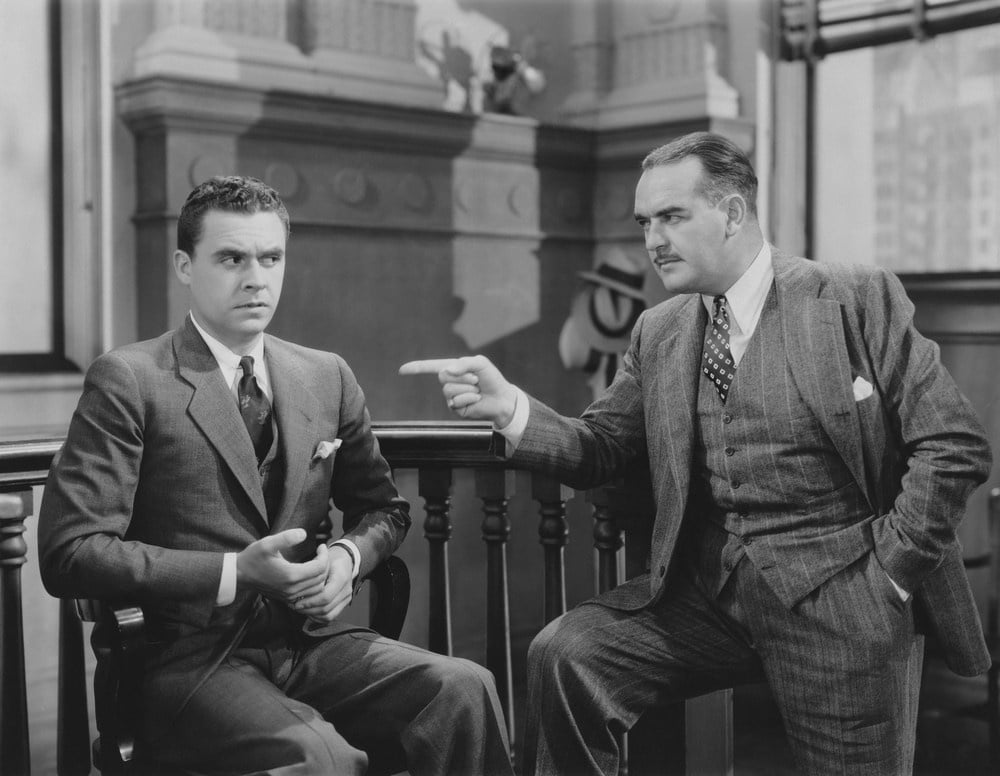As any family law case approaches a hearing in court, there will be a discussion with a client about what he or she can expect from their ‘day in court’.
Having that discussion many times, over many years, tells me that the experience clients have in mind differs dramatically from reality.
The following represents the top 5 misconceptions that litigants have about going to Court:-
1. That it will be like TV, with lots of people sitting in the back of the courtroom, with newspaper reporters and TV cameras.
It won’t be like that. The courtroom will likely be much smaller than you imagined. Chances are the only other people who will be present in the courtroom are your spouse and their family lawyers, as well as the Judge and the Judge’s Associates. Probably, the only other people present will be other litigants waiting for their case to be called on. The Judge has the discretion to exclude people from the Court who have no business in being present there.
There will not be a jury either. A single Judge will likely determine your case. As the sole decision-maker, the legal representatives will address the Judge, and will do so without any TV grandstanding designed to sway any other people who are present.
The courtroom is clinically quiet (due to the presence of recording equipment, for the court transcript), and you can literally hear a pin drop.
While there is a camera recording the goings on in court, that is for security purposes only.
2. That there will be ample opportunity to ‘object’.
While it is true to say that objections can be raised with the Judge, that objection cannot arise simply because you do not agree with your spouse’s evidence, or because you do not agree with the submissions being made to the Judge by your spouse’s lawyer.
Instead, the right to object is limited to more technical situations, such as whether a particular piece of evidence is admissible; where a litigant is making an application for orders which have not been properly served or brought to the notice of their opponent; where a document is being entered into evidence, but where there is some flaw in the process by which it has been obtained or produced; or where a question is being put to a witness which is improper.
Objections, therefore, tend to be quite ‘legalistic’, and are usually unaccompanied by the outrage and flailing of arms that we see on television.
Those objections are heard by all present in the courtroom (so that they are on record), rather than occurring at the ‘sidebar’ to the Judge’s bench, like on American TV.
3. That it is an opportunity to ‘expose’ your spouse’s wrongs.
Depending on the subject at large in the proceedings, the focus of inquiry will generally be quite narrow. For example, if the trial is about property settlement after marriage breakdown, there will likely not be extensive questioning, if at all, around such things as the question of ‘fault’ for the relationship breakdown.
Questions are only permitted in relation to the issues which are relevant, and which will assist the Court in determining the case. In the example of the property settlement case, that is related to such things as whether particular items of property are owned; the contributions that have been made during a relationship and after separation; and present incomes and income-earning capacities.
Unless there is some relevance in a financial sense, the court will not be interested in hearing an account of one spouse’s perception of the shortcomings of the other. Having your partner answer questions about a drunken scene made at a relative’s wedding in 1998, or any other evidence that is intended only to embarrass, will, unless connected with the subject of the proceedings, be off limits.0
4. That you should put on an act.
Some people ask whether they should change their voice, or take on a particular demeanour in Court. The short answer is ‘no’.
Your job as a witness in your case is to tell the truth, so that justice can be served. You, therefore, need to be yourself when you attend court, and that involves not putting on a façade.
Judges have years of experience in observing witnesses, and in isolating whether, from their body language and other ‘human’ cues, they are telling the truth. To assume another voice, or otherwise pretend to be someone you are not, apart from being impossible to maintain for any length of time, will not assist the Judge in making findings about your credibility, and will only be a distraction from the substance of your evidence.
5. That you can ‘plead the Fifth’ to questions you do not like.
The Fifth Amendment to the Constitution of the United States of America refers to a constitutionally protected right to silence (protection against self-incrimination). Obviously, therefore, the Fifth Amendment does not apply in Australia.
Generally, if you refuse to answer questions, then the Judge can take that into account in making findings of fact that underpin his/her decision.
There are some situations in which protections can be afforded to you if you are required to answer a question about facts which might see you exposed to prosecution for an offence. Their application is, however, complicated, and this issue must be the subject of careful preparation.
Speak to your family lawyer about such issues well before the trial, and do not raise such matters for the first time when you are sitting in the witness box.
GET HELP NOW
If you require family law advice or assistance, contact our experienced family lawyers. We identify strengths and weaknesses in your case and arm you with the information necessary to make strategic decisions.
Call BGM Family Lawyers today on 1300 246 529.


